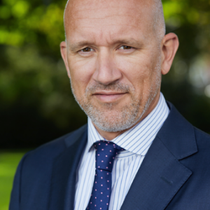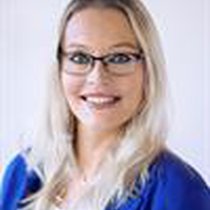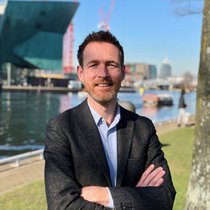Smart, efficient and innovative solutions are needed to optimize the movements - or flows - of people, vehicles and goods in our growing urban environments. What distribution and infrastructure technologies have vast potential in providing integrated logistics solutions for the city of Amsterdam? What role could our waterway networks play with regard to transportation of people and goods?
During the first Cumulus Park ‘explore event’, a group of creative thinkers from (mid)corporates, start-ups, academics, city officials and students gathered to explore the opportunities and the pitfalls of new possibilities in last mile logistics; by using the canals in Amsterdam. Visitors were invited to discuss the opportunities and challenges of two innovative use cases: Roboat and Amsterdam Logistic Cityhub (ALC).
Autonomous floating vessels and an ultra energy-efficient logistics hub
Roboat is the world’s first major research program on autonomous floating vessels in metropolitan areas. Before the discussions with visitors took off, our Director of Innovation, Stephan van Dijk, illustrated how the Roboat research program allows for creating dynamic infrastructure, transportation of goods and people, and environmental sensing on Amsterdam’s canals. To illustrate, Roboats could clear the canals from waste. The floating dumpsters can play a key role in source separation when other types of waste are added to the equation.
Roboat is a joint research program of Massachusetts Institute of Technology (MIT) and Amsterdam Institute for Advanced Metropolitan Solutions (AMS Institute). The City of Amsterdam, Amsterdam’s water company Waternet and the City of Boston are supportive of the 5-year program.
“We aim to make cities better, bring together the strengths and brightest minds from our founding partners Delft University of Technology, Wageningen University & Research and Massachusetts Institute of Technology, the city of Amsterdam and its business partners to design solutions for today’s and tomorrow’s urban challenges.”
Stephan van Dijk
Director of Innovation
Furthermore, the Amsterdam Logistic Cityhub (ALC), a new sustainable depot with the port and ring roads within arm's reach, aims to unlock the Amsterdam canals as a new means of distribution. Wouter Moll, Director of ALC explained how this ultra energy-efficient logistics hub will contribute to Amsterdam reaching it’s ambitious zero emissions targets.
“The Amsterdam Logistic Cityhub is not just about a new building, it is the introduction of an integrated logistics concept for the city of Amsterdam, in which all available traffic flows and methods of transport are bundled and coordinated. The waterside location offers great potential for the supply and distribution of goods via the waterway network in Amsterdam, relieving pressure on the road network in and around the city.”
Wouter Moll | Director | Amsterdam Logistic Cityhub

Challenges and opportunities of new distribution solutions
Led by two very experienced moderators, Sander van der Blonk and Jan Paul Grollé from Teeming, visitors explored the critical assumptions underlying the aforementioned opportunities: the possibilities they could bring for both business and society at large, and the contributions each of them could make to help these projects develop further. With regard to rules and regulations, a very constructive discussion about challenges and possibilities was held.
Ultimately, the majority of the group decided to contribute to further explore on ways in which logistics over water can be developed. For this reason a follow-up session is being organized by Cumulus Park on January 15th.
“The event proved to be an opportunity for stakeholders to get a better understanding of the issues they faced, and it opened up communication about potential solutions.”
Meldy van Dijken | Relationship Programme Manager | Cumulus Park at ING

About Cumulus Park
Great things happen when we work together. Going at it alone is not enough if we are to address the challenges we face in our future urban and digital lives. This is why ING joined forces with the Municipality of Amsterdam, Amsterdam University of Applied Sciences, the ROC van Amsterdam, Plug and Play, Teeming, Delft University, AMS Institute and others to develop Cumulus Park. A collaborative innovation district in Amsterdam Zuidoost where people and organizations come together in a unique community where different disciplines, sectors and backgrounds work on issues of today and of the future.
